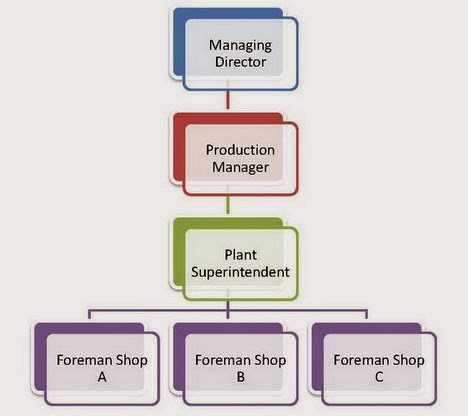"Remote work: understanding the advantages, disadvantages and future of the office"
- Get link
- X
- Other Apps
Introduction
Remote work refers to the ability of employees to work from
locations outside of a traditional office setting, such as from home or another
remote location. This type of work arrangement is made possible by advances in
technology and communication tools that allow for seamless remote collaboration
and communication. With remote work, employees can access their work computers,
files and resources from anywhere with an internet connection and can
communicate with colleagues and clients through video conferencing, email,
instant messaging and other tools
Remote work has been a rapidly growing trend in recent
years, especially since the COVID-19 pandemic. With advances in technology and
communication tools, its now possible for many employees to work from home or
other remote locations, allowing companies to expand their talent pools and
giving employees greater flexibility in their work arrangements.
However, while remote work has many benefits, it also
presents new challenges and requires a different approach to work and
management. Some companies are experimenting with hybrid models that combine
remote work with sometime in the office, while others are considering a fully
remote workforce.
As for the future of the office, its likely that it will continue to play an important role in the professional landscape, even as remote work becomes more prevalent. Offices can provide a sense of community and collaboration that is difficult to replicate online, and they offer opportunities for face-to-face interaction, training and team building. At the same time, the office of the future may look very different from the traditional office with more flexible and adaptable spaces that can accommodate different work styles and modes of collaboration.
In short, the future of work is likely to be a combination
of remote and in-person, with the office evolving to meet the changing needs of
the workforce.
Remote work and the future of the office have been a topic
of much discussion in recent years, especially since the COVID-19 pandemic has
accelerated the shift towards remote work. In this blog post, we will explore
the benefits and drawbacks of remote work and how the office may evolve to meet
the changing needs of the workforce.
Remote Work
|
Advantages |
Disadvantages |
|
Increased
flexibility |
Isolation
and loneliness |
|
Reduced
commuting time
|
Distraction
at home |
|
Access
to a larger talent pool
|
Lack
of face-to-face interaction |
|
Improved
productivity |
|
Advantages of remote work
1.
Increased flexibility: Remote work allows
employees to work from anywhere, at any time, as long as they have a reliable
internet connection. This means that employees can choose to work from home,
coffee shop or anywhere else that suits them. This increased flexibility can
lead to higher job satisfaction and a better work-life balance.
2.
Reduced commuting time: Remote workers no longer
have to spend time and money commuting to and from the office. This can free up
time for other activities such as exercise or spending time with family which reduces
stress levels.
3.
Access to a larger talent pool: When companies
allow employees to work from home, they can expand their talent pool beyond their
immediate geographic area. This can make it easier to find the best candidates
for the job, regardless of where they live.
4.
Improved productivity: Many remote workers find
that they are more productive at home than they are in an office environment. This
can be due to a lack of distractions, quieter environment or simply being in a
space that they are familiar with and comfortable in.
Disadvantages of remote work
1.
Isolation and loneliness: Remote workers can
experience feelings of isolation and loneliness, especially if they are used to
working in a busy office environment. This can be challenging for some people
and can impact their mental health.
2.
Lack of face-to-face interaction: Remote work
can lead to a lack of face-to-face interaction, which can make it difficult to
build relationships with colleagues and clients. This can be especially
challenging for those who prefer in person interaction.
3.
Distraction at home: For some people, working
from home can be challenging due to distraction such as household chores,
children and pets. This can make it difficult to maintain focus and stay on task.
The future of the office
Despite the benefits of remote work, it is likely that the
office will continue to play an important role in the professional landscape.
Offices can provide a sense of community and collaboration that is difficult to
replicate online and they offer opportunities for face-to-face interaction,
training and team building.
The office of the future may look very different from the traditional
office with more flexible and adaptable spaces that can accommodate different
work styles and modes of collaboration. This could include open-plan spaces, private
workstations and dedicated areas for brainstorming and creative work.
In conclusion, remote work and the future of the office are
two important trends that are shaping the way we work. While remote work has
many benefits, such as increased flexibility and reduced commuting time, it
also presents new challenges and requires a different approach to work and
management. The office of the future may ne more flexible and adaptable but it
will continue to play an important role in the professional landscape, offering
opportunities for face-to-face interaction, training and team building.
- Get link
- X
- Other Apps




Comments
Post a Comment